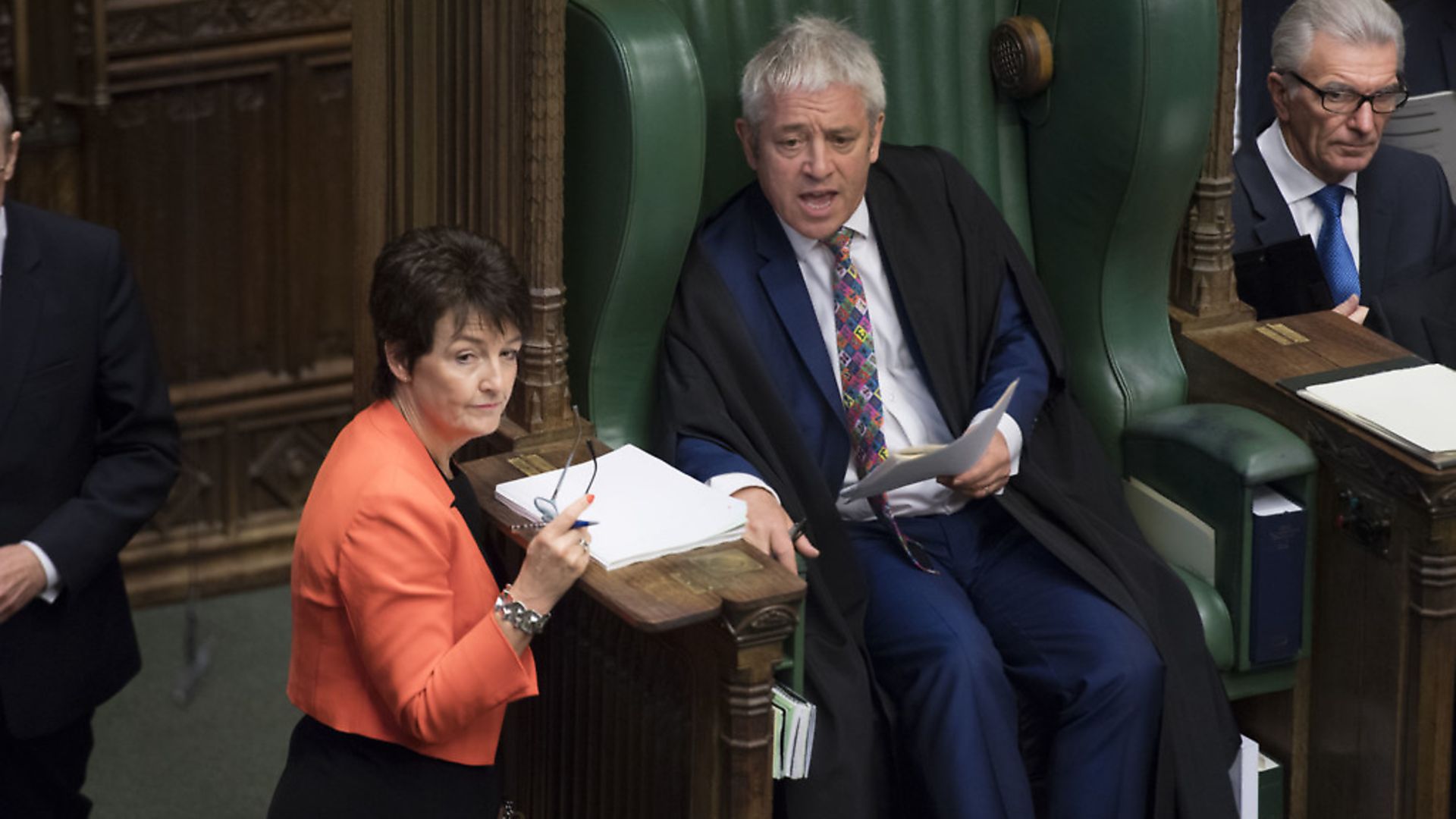
Chancellor Philip Hammond is plotting to lead the rebellion against a no-deal Brexit and a possible prorogation of parliament.
Hammond has predicted a “constitutional crisis” if the next prime minister suspends parliament to try and push through a no-deal Brexit and is backing moves suggested by ex-prime minister Sir John Major to challenge it in the courts.
Hammond told Bloomberg: “If anybody were to attempt to shut down parliament in order to carry out a course of action which parliament is known to oppose, that would be very serious indeed.
“That would provoke a constitutional crisis.
“And, if we aren’t able to prevent that course of action through parliament, then, certainly, there will be resort to the courts, and I strongly support the position that Sir John Major has taken.”
The move has not been ruled out by the favourite to take the job, Boris Johnson.
Now it is understood that Hammond has told colleagues, including opposition MPs and the speaker John Bercow, that rebel politicians will carry on duties as normal if Johnson tried to prorogue parliament.
According to the HuffPost, Hammond is looking to organise effectively a “sit in” to prevent the prime minister from locking it down.
One former minister told the news website: “Lots of different ideas are being discussed.” They added: “Philip will be the leader of the rebel group once he gets sacked.”
The news as business secretary Greg Clark said a no-deal Brexit would lead to the loss of “many thousands” of jobs.
Clark implored colleagues to “strain every sinew to avoid that”, with leadership rivals Johnson and Jeremy Hunt both pledging to leave the EU without a deal if need be.
“It’s evident that if you have the disruption that comes from a no-deal Brexit there will be people that will lose their jobs,” he told Sky News.
“It’s many thousands of jobs. Everyone knows that.”
Clark cited evidence from businesses when challenged that some are claiming the UK could weather an exit on World Trade Organisation terms.
“I think every person that considers the evidence that companies have given – whether it’s in the automotive sector, whether it’s in the food sector, whether it’s in aerospace, in industries up and down the country – you know if you become less efficient and your ability to trade is impeded, then of course losing your competitiveness means there will be jobs lost,” he said.
Warning: Illegal string offset 'link_id' in /mnt/storage/stage/www/wp-includes/bookmark.php on line 357
Notice: Trying to get property 'link_id' of non-object in /mnt/storage/stage/www/wp-includes/bookmark.php on line 37






